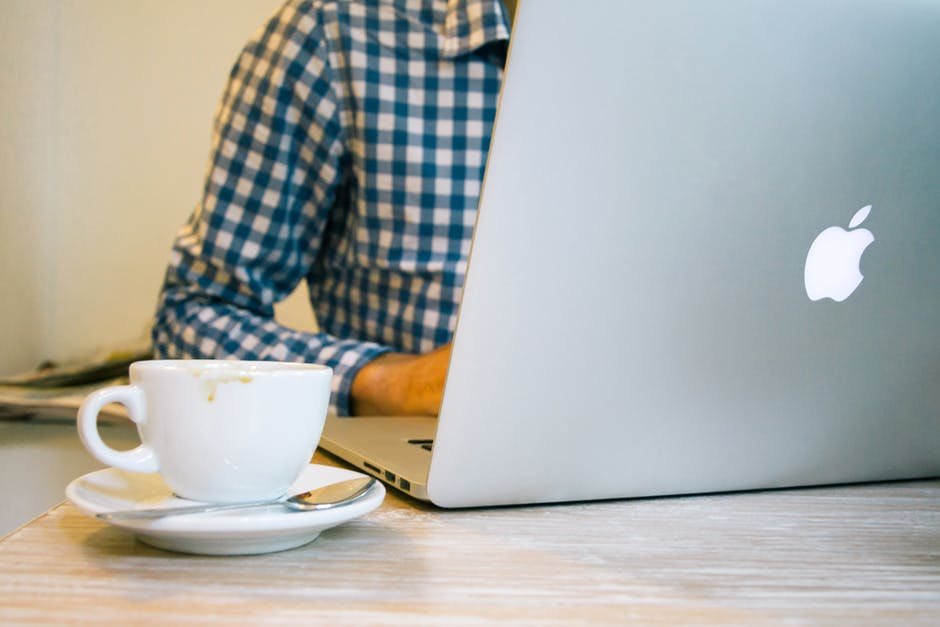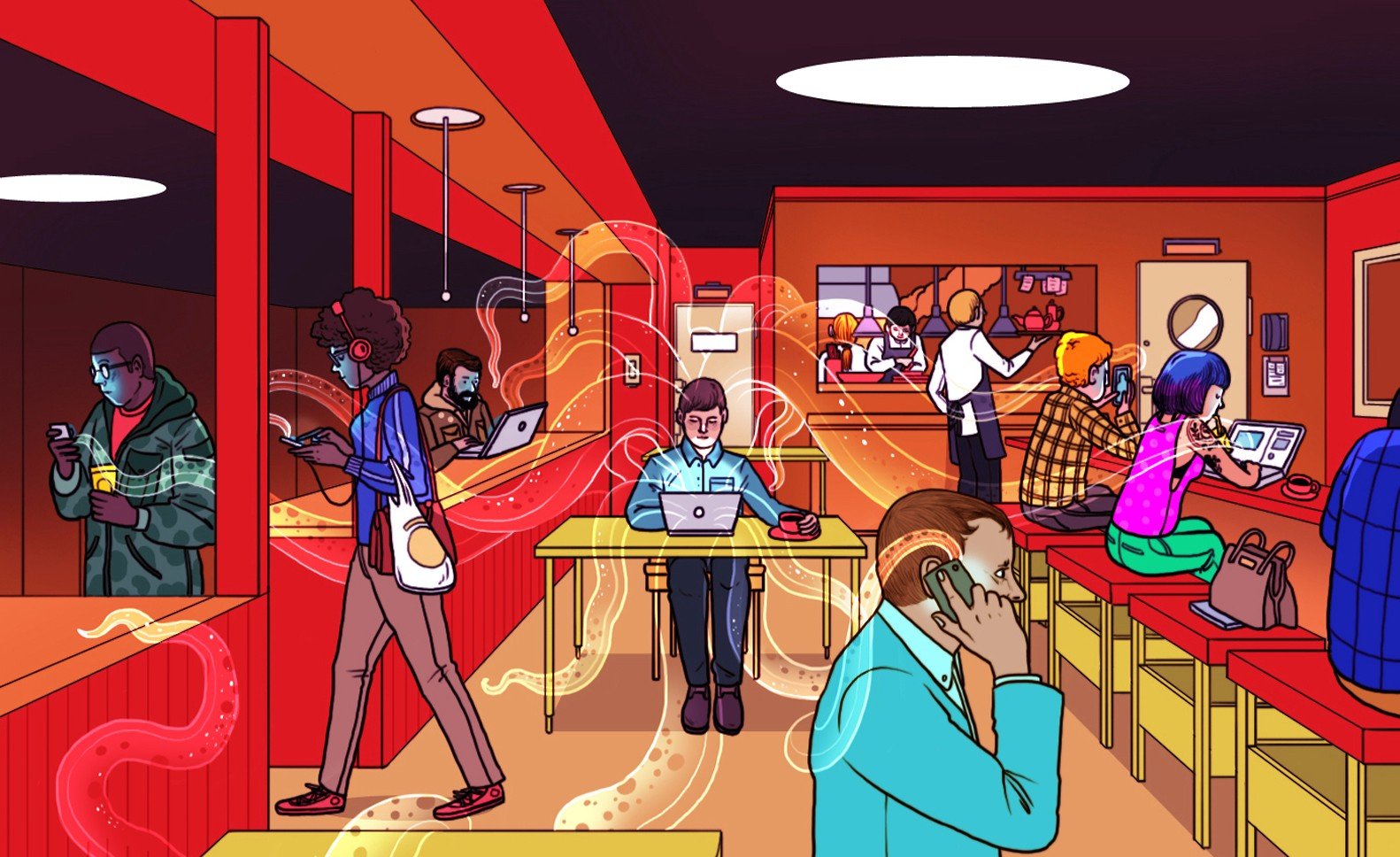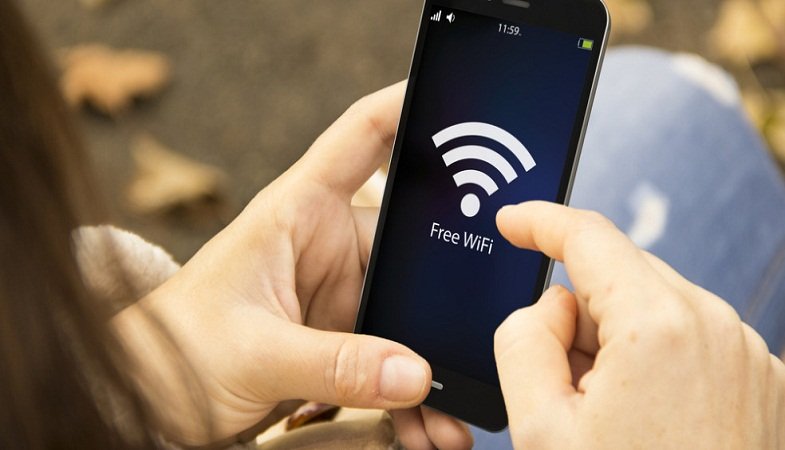You’re casually scrolling through your emails as you go to your favourite cafe. You grab a spot, order a coffee and sign in to their free Wi-Fi. Now you can finally download those heavy apps you were planning on getting and start browsing through shopping sites to buy that dress you spotted earlier. Chances are that you’ve downloaded some malicious software and revealed your financial details to hackers by using the public Wi-Fi, or worse, opened up the possibility of them accessing your personal videos and pictures.

Using free public Wi-Fi has a number of security risks but we normally forget all about them when we sign in to these networks. A large majority of people use free Wi-Fi available in hotels, cafes, airports and even railway stations which are privy to a large number of hackers.
Using free public Wi-Fi can lead to loss of personal and financial information.
Accessing sensitive information on these public networks like emails and online transactions can lead to the loss of financial and personal information which could be then publicly revealed. Your passwords, photos and videos as well as account details could be in the hands of strangers.
To reveal just how vulnerable we are to hacking, an experiment was conducted at the 2016 Republican and Democratic National Conventions in America. Companies set up free Wi-Fi public networks to see how many would take the bait. As it turned out, 70% of the attendees connected to the unsafe Wi-Fi networks.

The two most common methods of hacking are ‘Man in the Middle’ and ‘Evil Twin’.
Online tutorials on how to hack devices, are freely available on the internet with many people watching them. Two commonly known methods of hacking are ‘Man in the Middle’ and ‘Evil Twin’. Using the former method, hackers intercept the traffic between a user’s device and its destination by masking the hacker’s device as the access point to the internet. In the latter method, the hacker disguises his own free Wi-Fi which has a powerful signal, with a hotel’s name. When you sign in to the free Wi-Fi thinking that it belongs to the hotel, your information is laid bare in front of the hacker.
In 2014, Kaspersky Lab discovered a very intricate hacking system by which they targeted important agencies, executives and CEOs. When these people connected to the luxury hotel’s Wi-Fi network and downloaded software updates, their devices downloaded malware along with them. This malware could sneakily exist on the device undiscovered before being used to access important information.

So what can you do to avoid being hacked?
Don’t sign into public Wi-Fi networks and access emails or financial information. Use VPN or virtual private network to keep your information encrypted. The best solution? Stop logging into public Wi-Fi altogether.

















